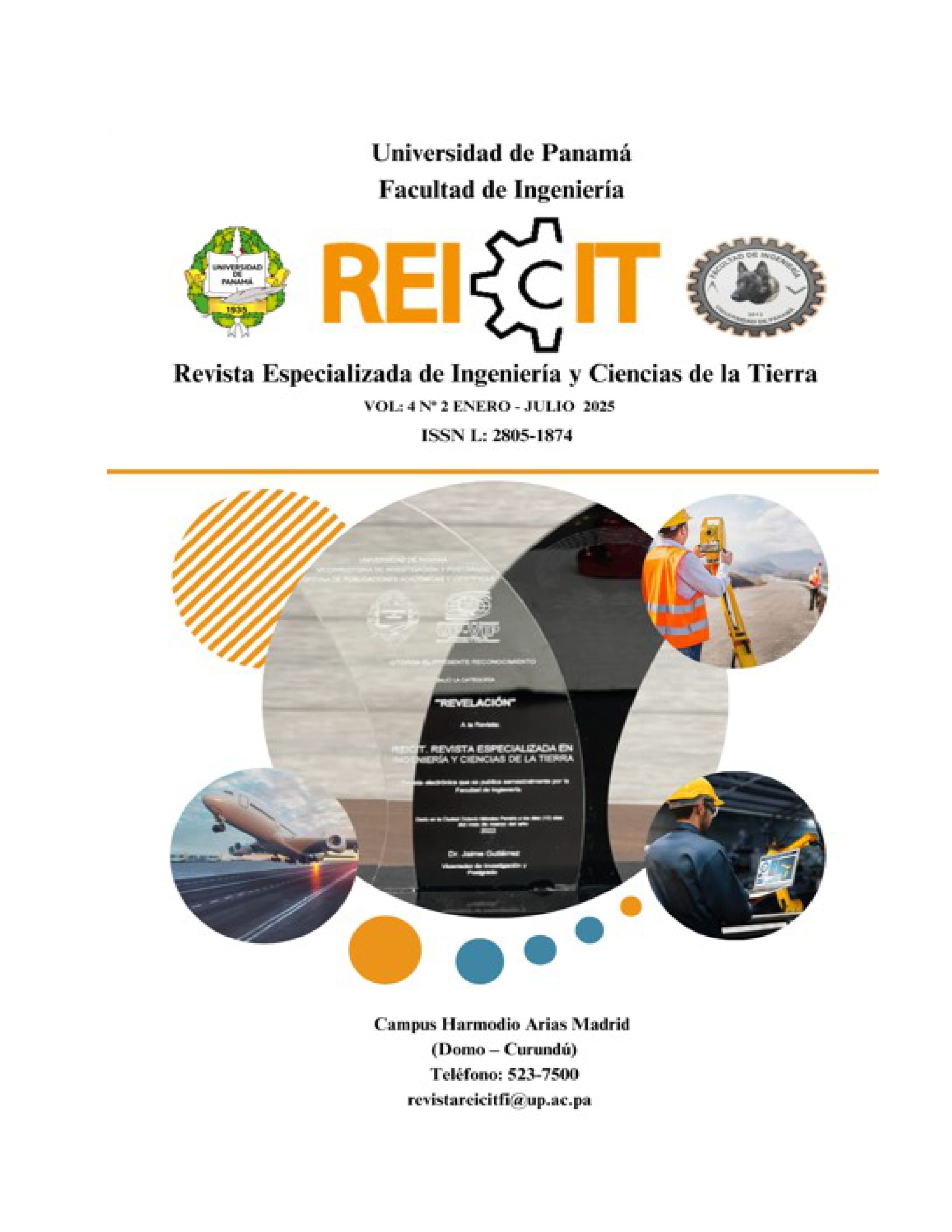

Copyright (c) 2025 REICIT

This work is licensed under a Creative Commons Attribution-NonCommercial-ShareAlike 4.0 International License.
The research analyses the state of the art of smart systems integration in buildings and its impact on energy efficiency, addressing the global challenge of sustainability. The study combines a mixed qualitative and quantitative approach, with an observational and cross-sectional design based on the review of 30 key articles published between 2020 and 2024. The findings highlight that the implementation of technologies such as IoT, artificial intelligence and hybrid renewable energy systems significantly optimizes energy consumption and reduces CO2 emissions, achieving savings of up to 70% in dependence on external sources. However, barriers such as high initial costs and lack of technological interoperability were identified. This work provides a critical synthesis of technological advances and proposes practical strategies to overcome such obstacles, highlighting the need for specific regulations and economic incentives. The implications of the study are relevant for researchers, designers and policy makers, providing a basis for future developments in sustainable buildings. Finally, areas for future research are identified, including longitudinal studies and innovative financing schemes, such as energy as a service.